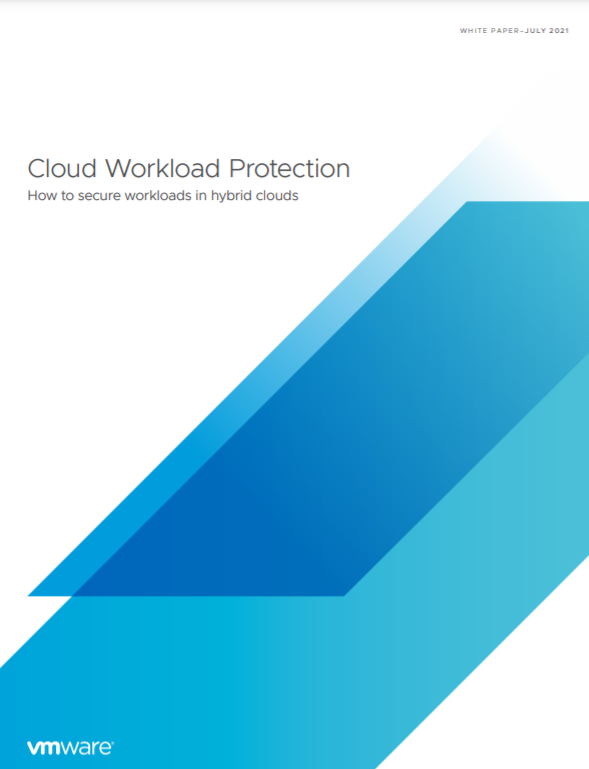Amazon, Microsoft, Google back creation of Trusted Cloud Principles
The initiative calls on governments to recognise baseline security and privacy protections for customers


Amazon, Microsoft, Google are among the nine tech giants supporting the right for cloud providers to protect customers’ interests.
The list of signatories of the newly-established Trusted Cloud Principles also includes Atlassian, Cisco, Salesforce, Slack, and SAP.
As part of the initiative, the tech companies have committed to protecting the privacy and security of their customers’ data by calling on governments to “recognise certain baseline protections as they enact laws for the cloud era”.
This includes supporting cross-border data flows and addressing conflicts of law between countries, which often results in the cloud service providers’ compliance requirements differing from one country to another.
The Trusted Cloud Principles also address governmental requests for customer data, with signatories calling on states to seek data directly from enterprise customers rather than cloud service providers. This doesn’t apply to “exceptional circumstances”, which were not specified by the document, yet are likely to include serious criminal charges.
Customers of cloud service providers should also have the right to be notified in advance of governments’ plans to access their data, while the providers should be able to challenge such data requests as well as notify “relevant data protection authorities”.
The signatories stated that, although “governments have a legitimate and important interest in protecting the safety and security of their people”, there have been cases where “they seek to gain access to data under laws that do not adequately protect human rights and the rule of law, and conflict with laws of other countries”.
Get the ITPro daily newsletter
Sign up today and you will receive a free copy of our Future Focus 2025 report - the leading guidance on AI, cybersecurity and other IT challenges as per 700+ senior executives
“As cloud service providers, we are committed to protecting the privacy and security of our customers’ data in all jurisdictions through policy and technology,” they added.
RELATED RESOURCE

In order to achieve their objectives, the signatories “commit to working with the tech sector, public interest groups, and policymakers around the world, particularly in the countries where we operate or plan to operate data centers and cloud infrastructure, to ensure that laws and policies are substantially in line with the (...) principles”.
The announcement of the Trusted Cloud Principles comes weeks after one of the world’s largest secure email services, Protonmail, was criticised for providing authorities with the IP address of a French climate activist. Being based in Switzerland, the email services provider prides itself on benefiting from the country’s strict privacy laws, yet was “obligated" to comply with the “legally binding order from Swiss authorities”, according to founder and CEO Andy Yen.
Many disagreed about the severity of the crime, with Amnesty International technologist Etienne Maynier stating on Twitter that he has “a hard time seeing how young people squatting buildings in Paris is an extreme criminal case”.
Having only graduated from City University in 2019, Sabina has already demonstrated her abilities as a keen writer and effective journalist. Currently a content writer for Drapers, Sabina spent a number of years writing for ITPro, specialising in networking and telecommunications, as well as charting the efforts of technology companies to improve their inclusion and diversity strategies, a topic close to her heart.
Sabina has also held a number of editorial roles at Harper's Bazaar, Cube Collective, and HighClouds.
-
 Cleo attack victim list grows as Hertz confirms customer data stolen
Cleo attack victim list grows as Hertz confirms customer data stolenNews Hertz has confirmed it suffered a data breach as a result of the Cleo zero-day vulnerability in late 2024, with the car rental giant warning that customer data was stolen.
By Ross Kelly
-
 Lateral moves in tech: Why leaders should support employee mobility
Lateral moves in tech: Why leaders should support employee mobilityIn-depth Encouraging staff to switch roles can have long-term benefits for skills in the tech sector
By Keri Allan
-
 ‘If you want to look like a flesh-bound chatbot, then by all means use an AI teleprompter’: Amazon banned candidates from using AI tools during interviews – here’s why you should never use them to secure a job
‘If you want to look like a flesh-bound chatbot, then by all means use an AI teleprompter’: Amazon banned candidates from using AI tools during interviews – here’s why you should never use them to secure a jobNews Amazon has banned the use of AI tools during the interview process – and it’s not the only major firm cracking down on the trend.
By George Fitzmaurice
-
 Amazon's RTO mandate could spark a talent exodus
Amazon's RTO mandate could spark a talent exodusNews A survey of Amazon staff suggests plenty remain unhappy about returning to the office next year
By Nicole Kobie
-
 Amazon's RTO mandate just hit a major roadblock – it doesn’t have enough office space
Amazon's RTO mandate just hit a major roadblock – it doesn’t have enough office spaceNews The company has told staff in several locations that it won't have room for them all in time
By Emma Woollacott
-
 “There are other companies around”: AWS CEO Matt Garman says employees pushing back on RTO mandates should quit
“There are other companies around”: AWS CEO Matt Garman says employees pushing back on RTO mandates should quitNews AWS CEO Matt Garman says employees pushing back on RTO mandates should quit
By Nicole Kobie
-
 Business execs just said the quiet part out loud on RTO mandates — A quarter admit forcing staff back into the office was meant to make them quit
Business execs just said the quiet part out loud on RTO mandates — A quarter admit forcing staff back into the office was meant to make them quitNews Companies know staff don't want to go back to the office, and that may be part of their plan with RTO mandates
By Nicole Kobie
-
 Microsoft tells staff it won’t follow Amazon or Dell on enforcing a return to the office – but there’s a catch
Microsoft tells staff it won’t follow Amazon or Dell on enforcing a return to the office – but there’s a catchNews While other big tech companies are forcing reluctant workforces back into the office, Microsoft isn’t following suit
By George Fitzmaurice
-
 Amazon workers aren’t happy with the company’s controversial RTO scheme – and they’re making their voices heard
Amazon workers aren’t happy with the company’s controversial RTO scheme – and they’re making their voices heardNews An internal staff survey at Amazon shows many workers are unhappy about the prospect of a full return to the office
By Ross Kelly
-
 Amazon set a goal to reach 100% renewable energy by 2030 – it reached it seven years early
Amazon set a goal to reach 100% renewable energy by 2030 – it reached it seven years earlyNews The tech giant has rapidly accelerated renewable energy investment in recent years
By Ross Kelly